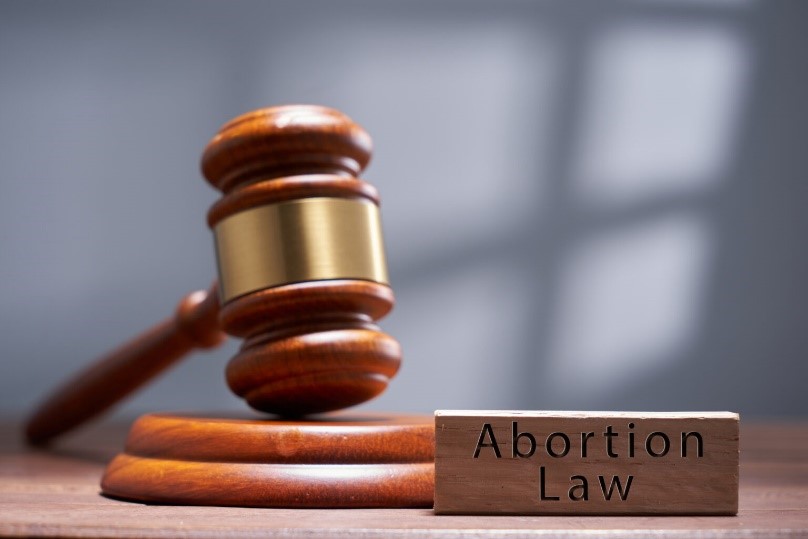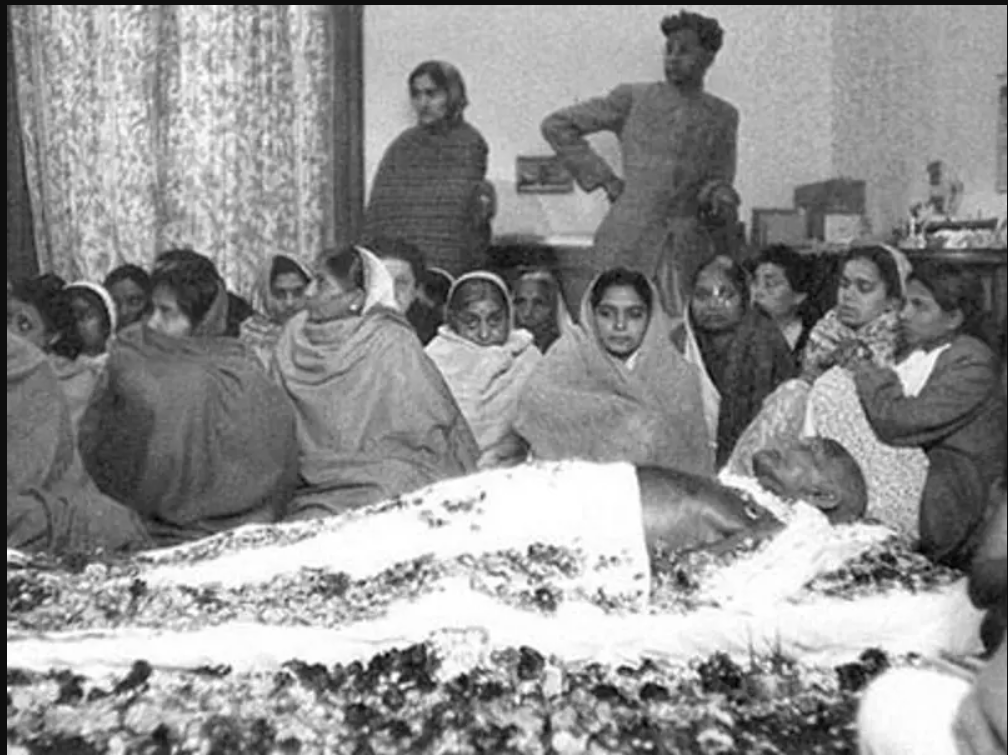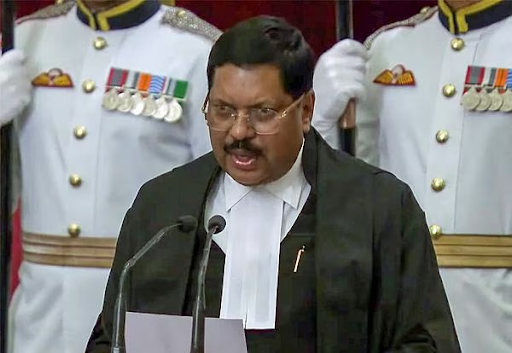Description

Disclaimer: Copyright infringement not intended.
Context:
- The Supreme Court, led by Chief Justice of India D Y Chandrachud, has granted permission for a 14-year-old victim of sexual assault to terminate her almost 30-week pregnancy.
- The decision was made based on the opinion of the dean of a municipal hospital in Mumbai, who stated that continuing the pregnancy could negatively impact the physical and mental well-being of the minor.
Legal Framework for Abortion in India
The Medical Termination of Pregnancy Act, 1971 (MTP Act) governs abortions in India. Under this act:
- Abortions up to 20 weeks are allowed based on the advice of one doctor.
- Abortions from 20 to 24 weeks are allowed under certain categories, after evaluation by two registered medical practitioners.
- Section 3B of the Rules under the MTP Act lists seven categories of forced pregnancies, including statutory rape, disabilities in women, or changes in marital status during pregnancy.
- After 24 weeks, termination can be allowed only if there is substantial foetal abnormality, and a medical board must evaluate the case.
PROVISIONS IN DETAILS:
https://www.iasgyan.in/daily-current-affairs/abortion-rights-in-india#:~:text=The%20recommendations%20of%20the%20Shah,%2C%20rape%2C%20or%20contraceptive%20failure.
https://www.iasgyan.in/daily-current-affairs/right-to-abortion-in-india
Court's Decisions on Late-Term Abortions
- The Supreme Court has allowed terminations beyond 24 weeks in exceptional cases, such as when the pregnancy endangers the woman's life or is a result of rape.
- In some cases, the court has overruled the decision of medical boards that denied termination.
Foetal Viability and Rights of the Unborn Child
- The concept of "foetal viability," or the ability of the foetus to survive outside the womb, has been a significant factor in abortion law in many jurisdictions, including the US.
- In the US, the landmark 1973 Supreme Court verdict in 'Roe v Wade' allowed abortion up to the point of foetal viability, initially considered at 28 weeks and now lower at 23-24 weeks due to scientific advancements.
- In India, the MTP Act does not explicitly mention foetal viability as a criterion for abortion. However, courts have considered it in some cases, reflecting a shift in legal interpretation.
- In general the Indian legal framework leans towards the woman's autonomy in reproductive decisions.

Foetal Viability and Rights of the Unborn Child
- Critics argue that the MTP Act's reliance on doctors to approve late-term abortions shifts the decision away from the woman, highlighting a legislative gap.
- The law's emphasis on medical evaluation rather than the woman's choice has led to cases of women approaching the court at the eleventh hour for approval, indicating a need for more clarity and accessibility in the law.
Conclusion
- The Indian legal perspective on abortion emphasizes women's rights to decide and choose, with the courts often siding with the woman's autonomy over the rights of the unborn child.
- While the law allows for abortion in certain circumstances, including late-term abortions in exceptional cases, there is ongoing debate about the balance between women's rights and the rights of the unborn child.
|
PRACTICE QUESTION
Q. Examine the ethical and legal considerations in the debate over balancing women's rights and the rights of the unborn child in India's abortion laws. Evaluate the implications of the current legal framework on reproductive rights and the autonomy of women.
|














